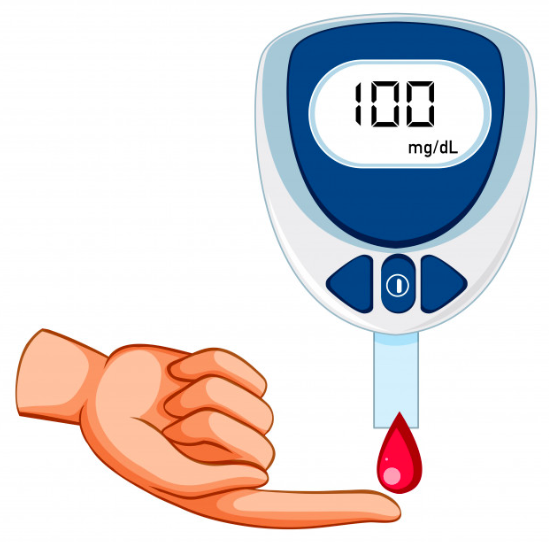Age-focused diabetes education improves HbA1c, self-management
Adolescents and young adults with type 1 diabetes who took part in a diabetes education course that was specifically designed for their age group achieved lower HbA1c
Before the course, participants completed questionnaires pertaining to their diabetes knowledge, self-efficacy, expectations, self-management practices, concerns about hypoglycemia, diabetes distress and “cognitive adaptation to diabetes.” Better knowledge, self-efficacy, self-management and cognitive adaptation along with more positive expectations were noted for those with higher scores on questionnaires addressing these components, according to the researchers, who wrote that more distress, hypoglycemia fear and negative expectations were associated with higher scores on corresponding questionnaires. These questionnaires were also completed immediately after the course and at 3 months, although a smaller cohort did so at 3 months (n = 27). In addition, before the course and at 6 and 12 months after it, the researchers recorded HbA1c levels.
When the course began, the average HbA1c level was 10.21%, but this fell to 9.73% for the 77 participants who had HbA1c measured at 6 months (P = .019). In addition, the level decreased to 9.64% after an initial HbA1c level of 10.18% in the 65 participants who had HbA1c measures taken both at baseline and at 12 months (P = .043).
“HbA1c levels were far from target, and the course probably needs to be combined with additional support for young people, perhaps focusing on their psychological needs,” Heller told Endocrine Today. “This is something we hope to work on in the coming months.”
Compared with baseline, scores on the knowledge evaluation increased after the course for those who completed it immediately after the course (4.32 vs. 3.3; P < .001) and for those who completed the evaluation at 3 months (4.21 vs. 3.39; P < .001). The same was true for scores on the self-efficacy evaluation after the course (3.68 vs. 3.27; P < .001) and at 3 months (3.29 vs. 2.95; P = .005) and for the self-management evaluation at the course’s conclusion (4.08 vs. 3.81; P = .005) and at 3 months (4.04 vs. 3.84; P = .029). Fewer negative expectations were noted immediately after the course compared with baseline (2.33 vs. 2.6; P = .024), and this ran in parallel with an increase in positive expectation scores (3.72 vs. 3.51; P = .038), although neither finding was statistically significant for the group that completed the evaluations at 3 months. In addition, the researchers noted that although there was no significant difference in cognitive adaption right after the course, those who completed the 3-month evaluation reported an average score of 3.62 vs. a baseline score of 2.93 (P < .001).
“The results of this study suggest that a structured education course on self-management may benefit young people with type 1 diabetes,” the researchers wrote. “Diabetes education should reflect the developmental needs of young people, as neither pediatric courses nor adult courses will match these needs sufficiently. WICKED provides young people with the skills to manage their diabetes at a time of great change and new experiences.”
Despite these benefits, Heller noted that a randomized controlled trial must be conducted to build on the findings of this pilot study. – by Phil Neuffer
Disclosures: The authors report no relevant financial disclosures.
da Healio







